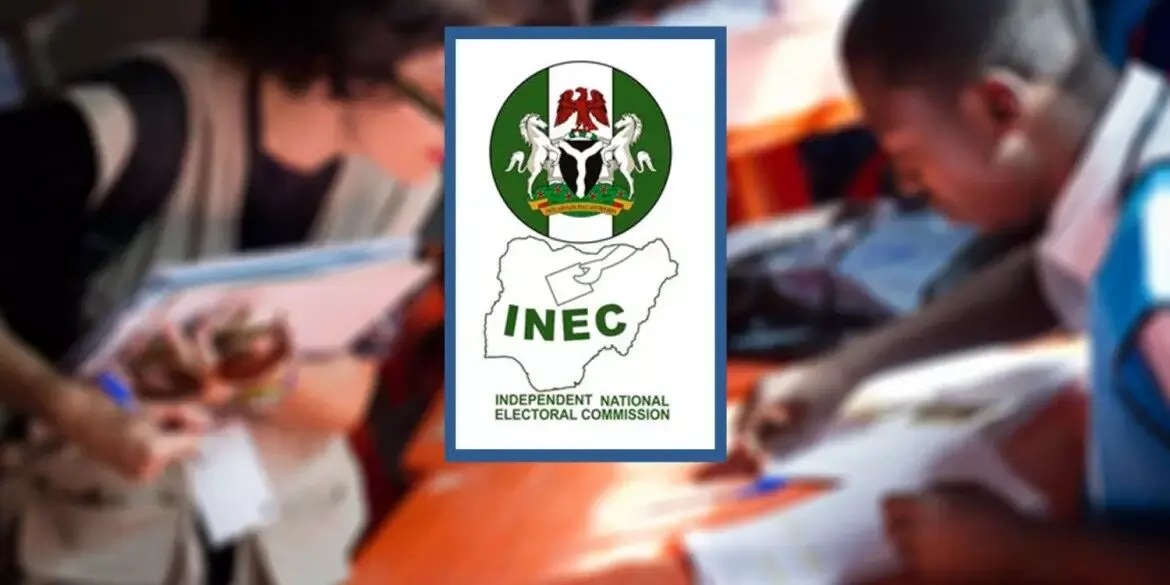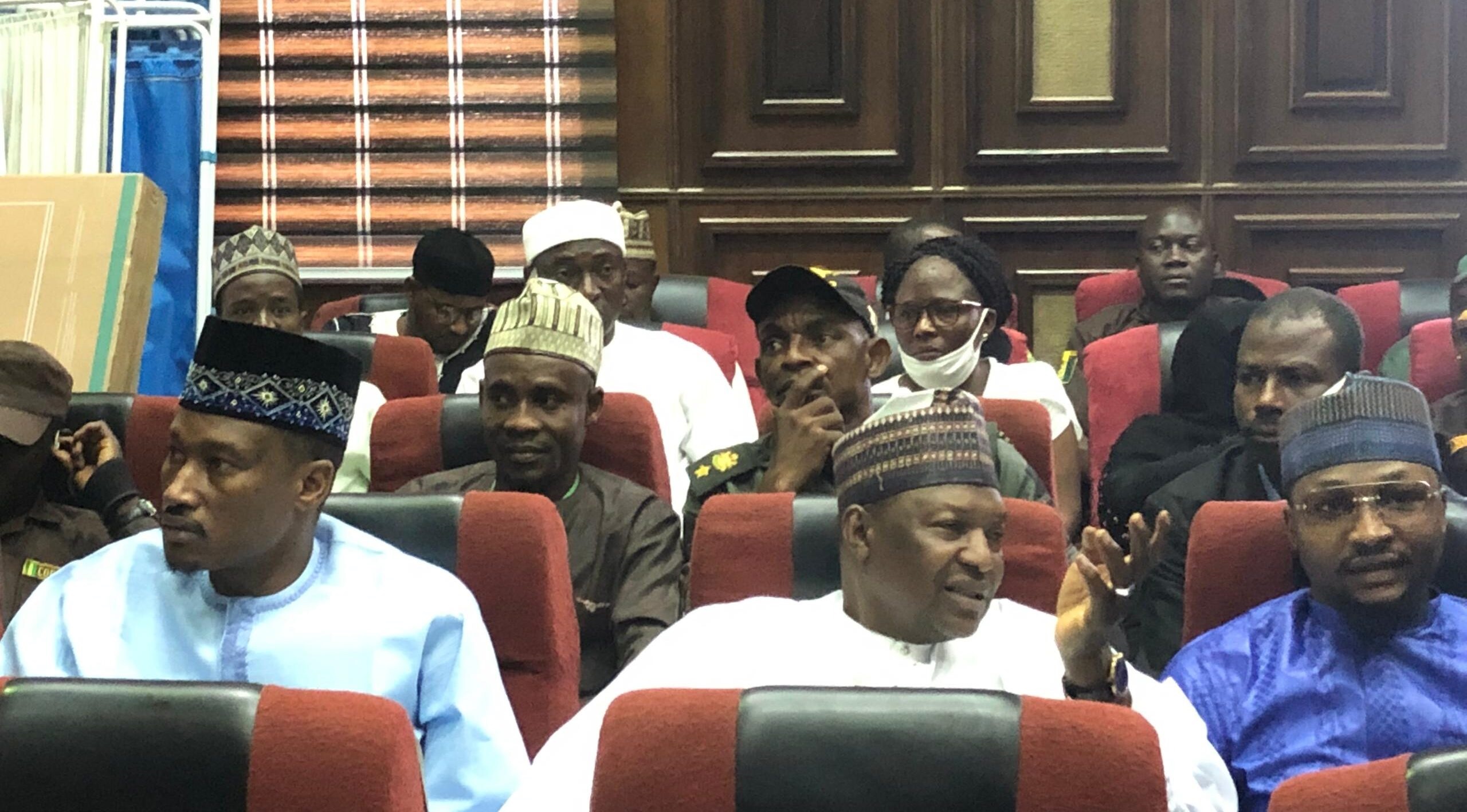The Speaker of the House of Representatives, Rep. Abbas Tajudeen has advocated harmonisation of federal and state audit systems for a unified national framework to end fiscal recklessness.
Tajudeen made the call at the National Conference on Fiscal Governance, Transparency and Accountability in Abuja on Monday, organised by the National Assembly Public Accounts Committees (PAC)
The News Agency of Nigeria (NAN) reports that the theme of the three-day conference is, “Fiscal Governance in Nigeria: Charting a New Course for Transparency and Sustainable Development.”
Tajudeen said that the House was fully committed to supporting the integration of technology into public sector audit and accounting processes.
According to him, we have championed the digitisation of audit and financial reports, promoted the use of real-time expenditure tracking tools, and encouraged MDAs to adopt automated audit software.
The lawmaker said that Nigeria’s fiscal governance infrastructure must be responsive, intelligent, and future-proof.
“We believe transparency must be owned by the people and driven from the ground up, with civil society watchdogs and citizens empowered to ask questions and demand answers.
“Nigeria has the experience, the legislative depth, and the institutional will to become a continental beacon in public financial accountability.
“Let us seize this moment to strengthen our systems, deepen our resolve, and chart a course for a more transparent, just, and prosperous Nigeria.
“The House of Representatives strongly supports a harmonised approach to fiscal accountability, one where audit methodologies, enforcement mechanisms, and compliance cultures are not fragmented, but standardised and mutually reinforcing.
“That is why the House has prioritised the harmonisation of federal and state audit systems, working towards a unified national framework for public finance management that leaves no tier of government behind.
“The goal is to cultivate a nationwide fiscal ecosystem, where transparency is not limited by geography or level of government,” he said.
Tajudeen said that the conference called for a deliberate push towards rethinking how the country resources could be managed, reported, and utilised.
He said that the relevance of accountability, good governance, transparency, and value for money in a democracy could not be overemphasised.
“It is our shared responsibility to ensure that fiscal governance evolves from a bureaucratic exercise to a dynamic instrument for national development.
“It is not possible to achieve sustainable development in the absence of transparent and accountable fiscal governance.
“It is not merely about balancing books or closing audit gaps, but it is about creating a fiscal architecture that prioritizes equity, inclusion, and intergenerational responsibility.
“This calls for reassessment of the frameworks that govern public revenue, including how we design tax systems, structure subsidies, and allocate capital.
“In doing so, we are not just strengthening institutions; we are reshaping the social contract between government and citizens, ensuring that every naira collected and expended speaks directly to the aspirations of the people,” he said.
In his remarks, the Chairman, Senate Public Accounts Committee (SPAC), Sen. Ahmed Wadada (SDP-Nasarawa) said that public trust in government could only be rebuilt through transparency and measurable service delivery.
He called on Nigeria’s public institutions and leadership across sectors to recommit to a new era of fiscal integrity and responsible governance.
The senator said the era of fiscal recklessness must end , saying that fiscal governance is the moral backbone of public service which determines whether government revenue becomes national prosperity or lost opportunity.
Also speaking, the Chairman, House Public Account Committee (HPAC), Rep. Bamidele Salam (PDP-Osun) called for a complete recalibration of Nigeria’s fiscal governance systems.
He urged all public officials to move beyond lip service and ensure that public funds were truly used for the public good.
Salam said that the conference must go beyond discussions to deliver concrete, measurable outcomes that would impact on the lives of citizens.
“Making public funds work for public good is a mantra we must not only proclaim but must be seen to internalise and practice in all we do as public servants,” he said. (NAN)





